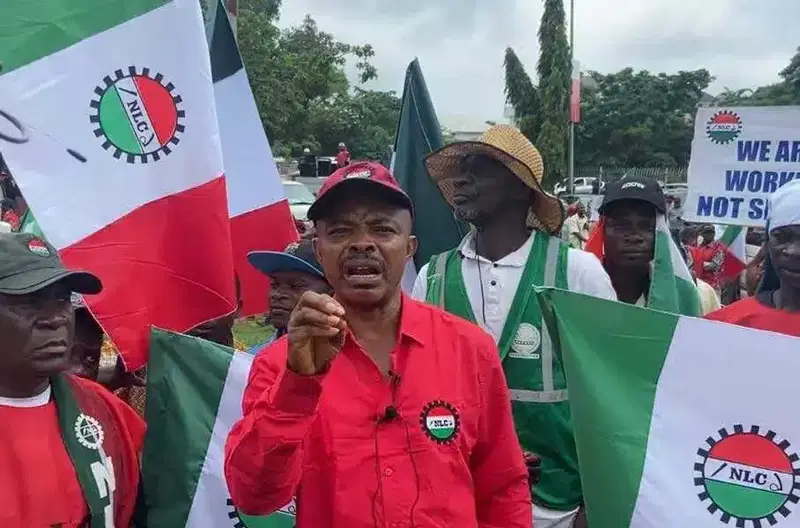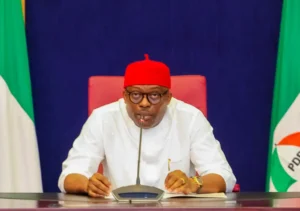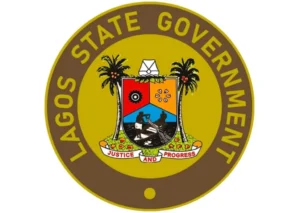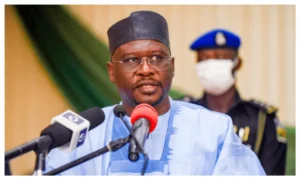The Nigeria Labour Congress (NLC) has firmly rejected the International Monetary Fund’s (IMF) claim that it is not responsible for Nigeria’s ongoing economic problems. The NLC argues that the IMF’s harsh recommendations have contributed to painful economic measures, including the removal of fuel subsidies, which have negatively impacted many Nigerians.
In a recent statement, NLC President Joel Ajaero criticized both the IMF and the World Bank, referring to them as “twin forces” that promote tough economic policies in developing countries. He pointed out that their recommendations often lead to increased suffering for the Nigerian population.
During a press conference, the IMF’s African Region Director, Abebe Selassie, described the government’s decision to remove the fuel subsidy as a domestic choice. However, the NLC insists that this denial reveals a lack of understanding of the IMF’s significant influence on Nigeria’s policy decisions. The NLC emphasized that the IMF has a history of recommending subsidy cuts as part of its strategies for achieving financial stability.
The NLC expressed deep concern about the IMF’s denial, suggesting it is a tactic to evade responsibility for the negative consequences of its policies. They noted that while the IMF acknowledges the social costs of its actions, its proposed solutions are often insufficient for the realities faced by ordinary Nigerians.
The NLC is calling for Nigeria to reclaim its economic independence and resist foreign policies that do not consider the needs of its citizens. They highlighted the gap between the IMF’s recommendations and the everyday experiences of Nigerians, advocating for economic policies that focus on genuine growth and social welfare.
In conclusion, the NLC warned that if the IMF and World Bank do not reconsider their approach, Nigeria may soon demand their exit from the country, as their policies continue to harm the economy and the people. They urged the IMF to be honest and recognize its role in Nigeria’s economic struggles.







